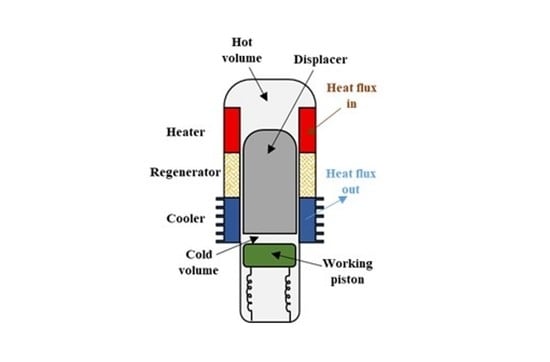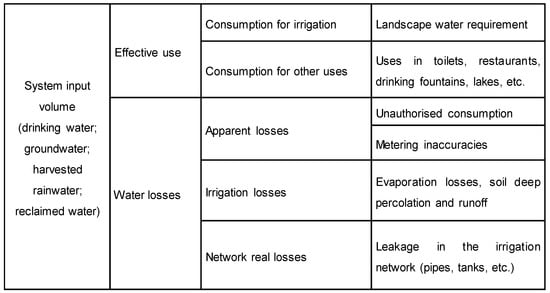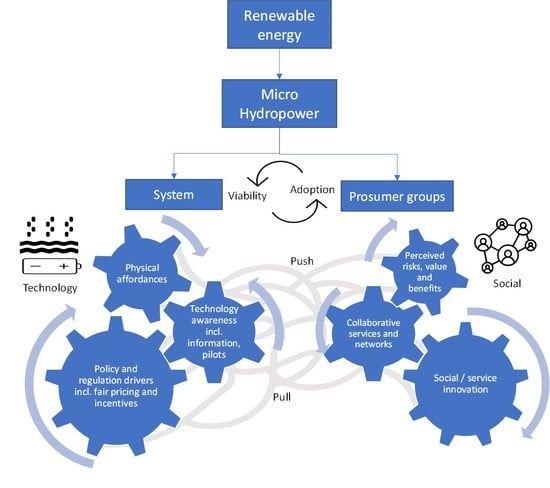Women in Energy and Environment
A topical collection in Energies (ISSN 1996-1073). This collection belongs to the section "B: Energy and Environment".
Viewed by 25994Editors
Interests: hydropower; hydraulic transients; energy efficiency; eco-design projects; pumped-storage; water–energy–food nexus; hybrid energy solutions; renewable energy sources; energy recovery; hydrodynamics
Special Issues, Collections and Topics in MDPI journals
Interests: low temperature and high temperature fuel cells systems; fuel cells in mobile applications; technologies for hydrogen production and storage in refuelling stations; hydrogen production by reforming systems for stationary or mobile applications; developing and optimization of internal combustion engine fuelled with hydrocarbons and hydrogen mixtures; cogeneration power plant based on fuel cell technologies; plasma gasification technologies for wastes treatment; environmental impact of power plants and pollutant dispersion analysis; microbial fuel cells technologies
Special Issues, Collections and Topics in MDPI journals
Interests: fluid mechanics; computational fluid dynamics; environment sustainability;numerical modeling; CFD simulation; water quality; numerical simulation; modeling and simulation environmental; impact assessment; energy systems; energy demand; energetic implications in engineering facilities; renewable energy sources
Special Issues, Collections and Topics in MDPI journals
Interests: life cycle assessment and techno-economic methods incorporating uncertainty; sustainable infrastructure; bioenergy systems including biobased electricity and liquid fuels (ethanol, hydrogen, and aviation fuels); conventional and alternative light-duty and medium-duty vehicles; conventional and unconventional fossil fuels; sustainable and resilient cities
Interests: energy saving; improvement of energy efficiency of conventional power plants; novel plant configurations for power generation and poly-generation based on low environmental impact and high efficiency technologies (high and Low temperature fuel cells, HT-PEMFC, hydrogen)
Special Issues, Collections and Topics in MDPI journals
Interests: integrated design and planning; architectural technology; sustainability and resource efficiency (water); resilience in modern and heritage contexts; water resource efficiency; water, energy nexus
Special Issues, Collections and Topics in MDPI journals
Topical Collection Information
Dear Colleagues,
Two sides of the same world can be identified with different objectives and priorities:
(i) On one hand, nowadays water and energy are two basic needs that should be distributed under efficient and sustainable performances. Unfortunately, some regions of the world are lacking in both these resources. Science and technology must come together in order to develop and supply alternatives that meet people's basic needs. The combination of actions in new design solutions to solve problems of water scarcity and energy availability of vulnerable populations need to be addressed. In many countries, small towns or the suburbs of cities often have problems in providing energy and water as basic survival variables in an acceptable quantity, quality, under technical, social and environment integrity. These problems can combine two common components: poor water and power sources. Accessible joint development is needed to meet the requirements of many citizens and to achieve access to both water and energy in the right capacity and in all performance levels.
(ii) On the other hand, innovative integrated solutions in terms of technical, economic, and social impacts are advisable. Impacts of environmental regulations and advancing technologies on local, national and even global energy politics are desirable. Energy recovery, pumped storage hydropower solutions, hybrid energy systems, and water-energy management, in terms of best operation and management, and moving towards more sustainable and flexible integrated solutions are welcome. Model development and digital representation have to provide both the elements and the dynamics of how an Internet of things (IoT) device operates and lives throughout its life cycle. It allows researchers to emphasize the connection between the physical model and the corresponding virtual mode as well as to generate real-time data using sensors towards smart grids.
This Topical Collection invites contributions in evolving technical, social, and environmental impacts of energy supply, transport, production and use at different levels and interactions with water, hydrogen, waste and renewable sources such as wind and solar. The integration of different models allows to detect and actuate in near real-time conditions towards a better flexible, joined and efficient energy solution. Using physics and data-based prognostic models to detect faults can also improve asset failure mode management and reduce unplanned downtime.
We welcome submissions from all authors, irrespective of gender!
Prof. Dr. Helena M. Ramos
Prof. Dr. Mariagiovanna Minutillo
Prof. Dr. Amparo López Jiménez
Prof. Dr. Heather L MacLean
Prof. Dr. Alessandra Perna
Dr. Kemi Adeyeye
Collection Editors
Manuscript Submission Information
Manuscripts should be submitted online at www.mdpi.com by registering and logging in to this website. Once you are registered, click here to go to the submission form. Manuscripts can be submitted until the deadline. All submissions that pass pre-check are peer-reviewed. Accepted papers will be published continuously in the journal (as soon as accepted) and will be listed together on the collection website. Research articles, review articles as well as short communications are invited. For planned papers, a title and short abstract (about 100 words) can be sent to the Editorial Office for announcement on this website.
Submitted manuscripts should not have been published previously, nor be under consideration for publication elsewhere (except conference proceedings papers). All manuscripts are thoroughly refereed through a single-blind peer-review process. A guide for authors and other relevant information for submission of manuscripts is available on the Instructions for Authors page. Energies is an international peer-reviewed open access semimonthly journal published by MDPI.
Please visit the Instructions for Authors page before submitting a manuscript. The Article Processing Charge (APC) for publication in this open access journal is 2600 CHF (Swiss Francs). Submitted papers should be well formatted and use good English. Authors may use MDPI's English editing service prior to publication or during author revisions.
Keywords
- energy and environment
- energy-water nexus
- energy and water efficiency
- eco-friendly solutions
- resources management and storage
- smart grids
- digital water and energy
- digital twin
- pumped storage hydropower
- hybrid energy solutions
- energy conversion technologies
- power to fuel systems
- biomass and wastes treatment and energy utilization
- water management and efficiency
- sustainable developed
- climate change and implications
- smart irrigation solutions
- integrity of ecosystems
- social and environmental impacts
- advancing technologies
- clean energy
- operational flexibility
- performance and monitoring
- asset performance management
- operations optimization
- business optimization and advanced controls













